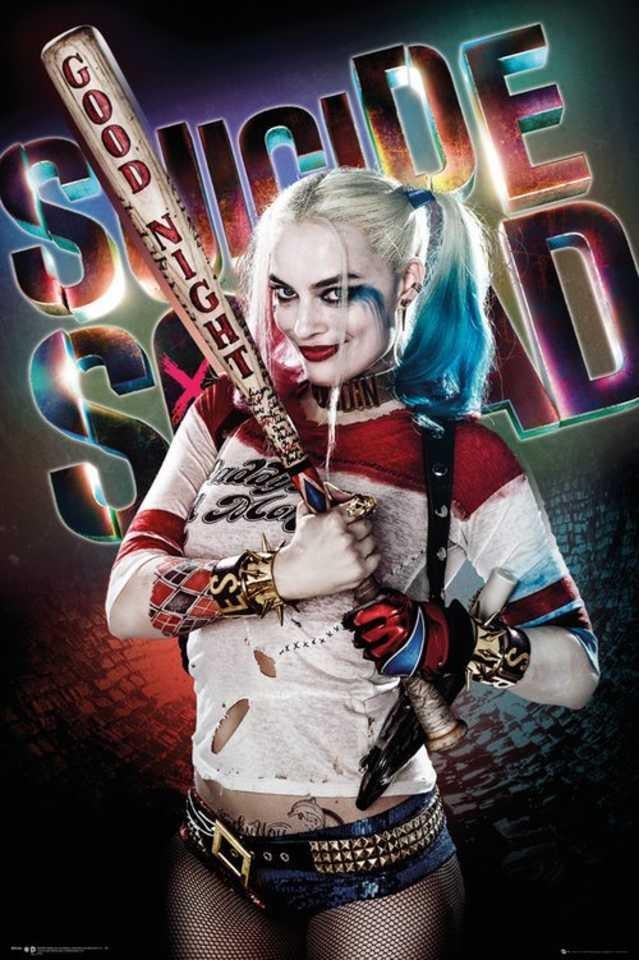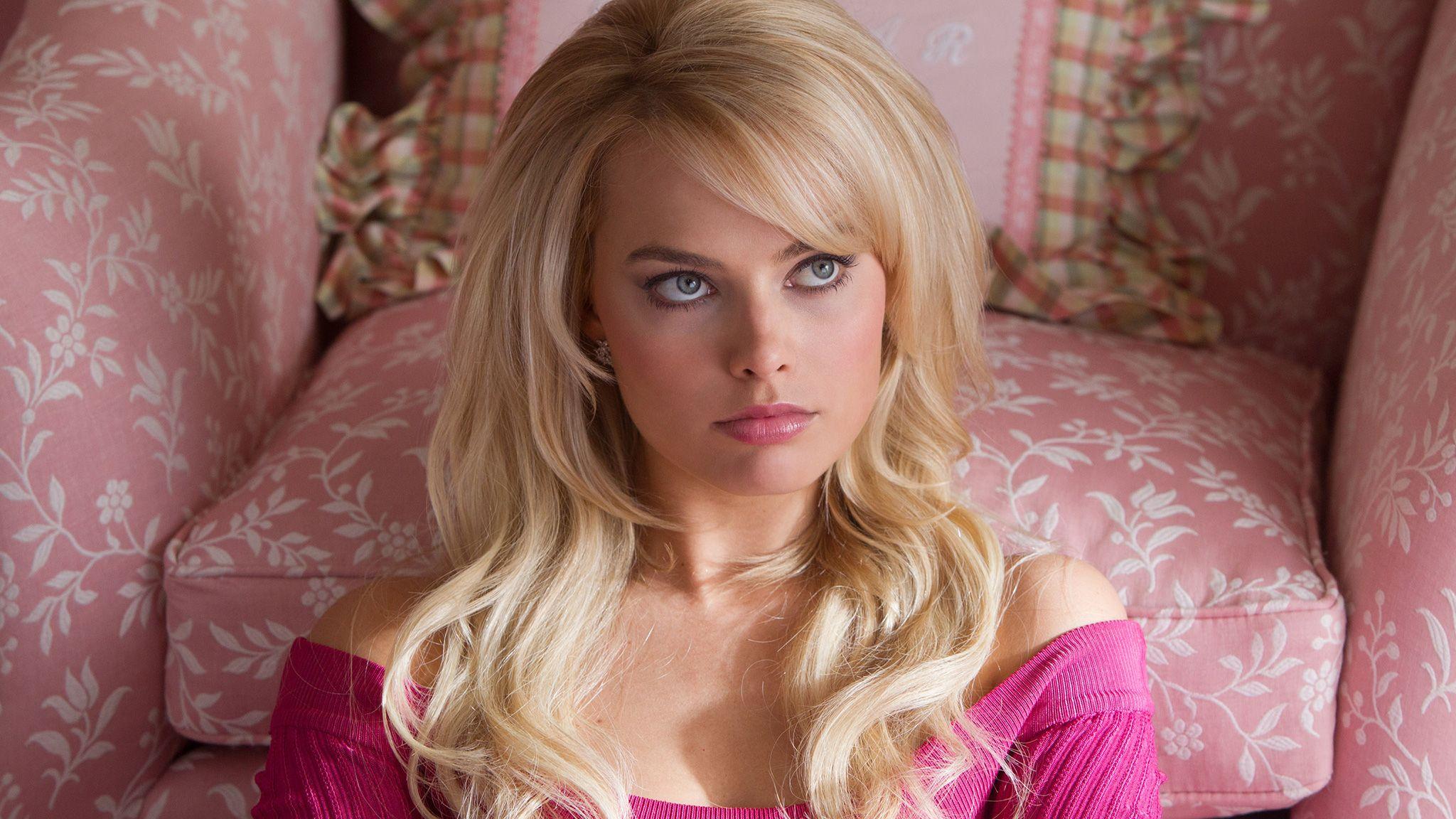Margot Robbie defends how ‘I, Tonya’ depicts domestic abuse
The Australian actress scored an Oscar nomination for her depiction of US figure skater Tonya Harding, implicated in a 1994 attack on rival Nancy Kerrigan, in Craig Gillespie's biographical film

Your support helps us to tell the story
From reproductive rights to climate change to Big Tech, The Independent is on the ground when the story is developing. Whether it's investigating the financials of Elon Musk's pro-Trump PAC or producing our latest documentary, 'The A Word', which shines a light on the American women fighting for reproductive rights, we know how important it is to parse out the facts from the messaging.
At such a critical moment in US history, we need reporters on the ground. Your donation allows us to keep sending journalists to speak to both sides of the story.
The Independent is trusted by Americans across the entire political spectrum. And unlike many other quality news outlets, we choose not to lock Americans out of our reporting and analysis with paywalls. We believe quality journalism should be available to everyone, paid for by those who can afford it.
Your support makes all the difference.Margot Robbie adored the script for I, Tonya, the bonkers, ultimately dismaying film about the American figure skater Tonya Harding and the 1994 attack on rival skater Nancy Kerrigan.
But the actress feared no one would let her play the title role, not least because Robbie is Australian. “I always have impostor syndrome with any of my characters,” she tells me in an interview at the Greenwich Hotel in Manhattan. Robbie ended up serving as a producer of the picture and, of course, putting in a performance that earned her an Oscar nomination, her first, for best actress.
Robbie also shared her thoughts on the ’94 scandal and the criticism of the film’s depiction of domestic violence.

I’m guessing there wasn’t a lot of ice around growing up in Australia.
Definitely no ice. I didn’t do any ice skating growing up. When I moved to America, I joined an ice hockey team, because I loved The Mighty Ducks growing up and I always wanted to play ice hockey. In hindsight I was just running on the ice in skates. But you have so much padding on. I didn’t know how to stop or anything, so I’d just spring on the ice and then hit another player, or a barricade, or the ice to stop. That was pretty much the extent of my ice skating knowledge until the movie came around and I started training. And that’s when I put on figure-skating skates, which are very different from ice hockey skates, I found out.
Did you do dance or gymnastics growing up?
I did ballet from aged five to 15. That helped a lot actually. It was just the actual ice part of it that was scary. I had to look like a very proficient skater. The first time I went to do a high kick on the ice I just flew backwards and winded myself. Fortunately we had an amazing skate choreographer, Sarah Kawahara. She actually choreographed for Nancy Kerrigan a bit back in the day. I kept apologising, 'Oh, I’m sorry you’re stuck with me,' like, 'This must be very frustrating.'

Had you heard of Tonya Harding growing up?
I was four at the time, so I totally missed it. But once I delved into the story I was fascinated. I kind of understood why everyone was so enthralled by it at the time. There’s always been an appetite for scandal, but this was an event that escalated and snowballed into this global phenomenon. Pinning two women against each other, categorising people into neat little sound bites and splashy headlines. I think it would have been particularly traumatic to go through that coming from the upbringing she had, not being surrounded by a support network, not having the financial resources to protect herself.
She was the villain.
It wasn’t fair on Nancy either. She was painted like this prissy ice queen. She came from a blue-collar family. And at the end of the day both of them are athletes. Everyone’s commenting on their looks. No, it’s not about their looks. They’re athletes; they’re not models.
But it did matter in the skating world.
It did matter, and a big part of our story is that Tonya didn’t fit in. She wasn’t the image the skating world wanted as the face of American figure skating. She was always seeking validation, always seeking affection and love, whether it was from her mum, her husband, the media, the public, the skating association, the other skaters, whoever it was. It’s tragic that she didn’t get it.

Did you spend much time with her?
I met her two weeks before we started shooting. I had put it off until then. I wanted to do all my character prep before I met her. There’s so much footage of her. I probably did nothing but watch Tonya Harding clips and videos and interviews on repeat for six months. I put it on my iPod, and I’d go to bed at night listening to her.

Watch Apple TV+ free for 7 days
New subscribers only. £8.99/mo. after free trial. Plan auto-renews until cancelled

Watch Apple TV+ free for 7 days
New subscribers only. £8.99/mo. after free trial. Plan auto-renews until cancelled
Was it awkward meeting her?
No, she was really understanding about it. Craig Gillespie, the director, and I wanted to say, 'It’s a strange thing that we’re making a film kind of about your life but kind of not.' This isn’t a traditional biopic, and it’s not a documentary, this is a feature film. I wanted to say to her, 'I hope you understand I’m playing a character. And in my mind you and the character are totally different.' She was great about it. If I was in her position, I would’ve been freaking out. She said: 'I understand you guys need to do what you need to do.' She was more worried about 'How are you going with the skate training?' and 'Do you need any help? I can train with you.' She was so kind and understanding.
One criticism was that the violence was minimised, in a sort of Tarantino way, almost making light of it.
I’m a huge Tarantino fan, and I’ve heard him describe his violence as sensationalised violence. That’s not what we did at all. Craig had the very clever idea of breaking the fourth wall in those specific moments so that you can see her emotionally disconnect from what’s happening to her physically at the time. Something that struck me most about watching all the footage was the documentary made about her when she was 15. She’s very candid and vulnerable, and insecure. She’s just looking at the camera, saying, “My mum’s an alcoholic, and she hits me, and she beats me.” The worst thing about a domestically abusive relationship is that it’s a vicious cycle. And you see her go back to her first husband, Jeff Gillooly time and time again. We wanted to emphasise that this is a cycle and this is so routine for her, because it’s happened her whole life. She can emotionally disconnect in that moment and speak to the audience, completely matter-of-factly.
Can you say what your theory is on what really happened?
Halfway through the project we stopped having that debate. The point is everyone has their own truth. And truth and reality don’t necessarily go hand in hand. People tell themselves something happened in a certain way so that they can live with themselves. I cared so much more about her upbringing and her life, and in my opinion, how unfairly she was treated. No matter what you believe happened, I don’t think she deserved the punishment she got.
'I, Tonya' is released on 23 February
© New York Times
Join our commenting forum
Join thought-provoking conversations, follow other Independent readers and see their replies
Comments